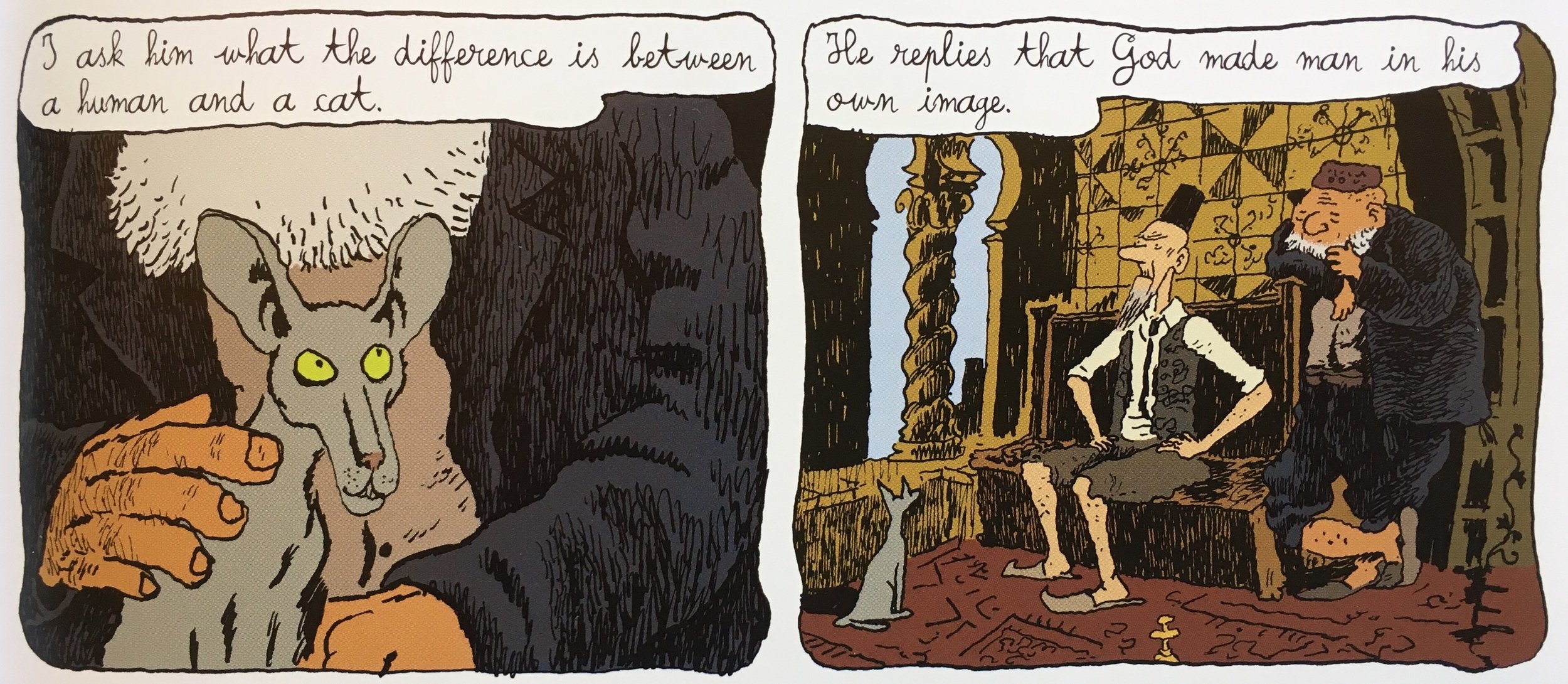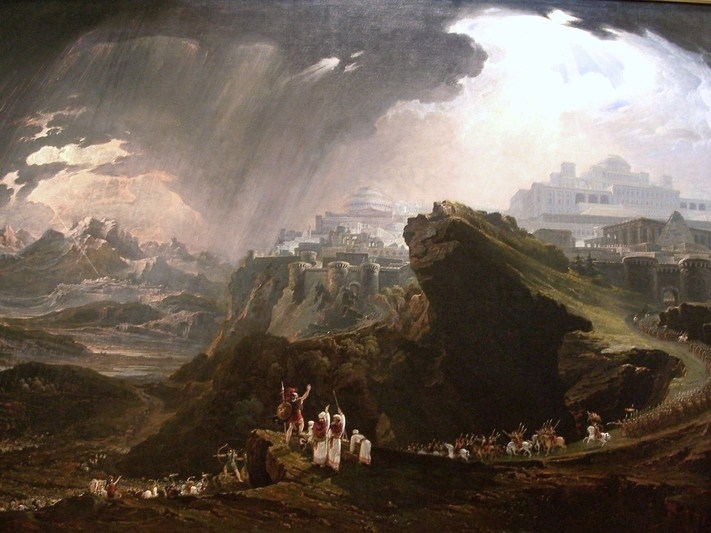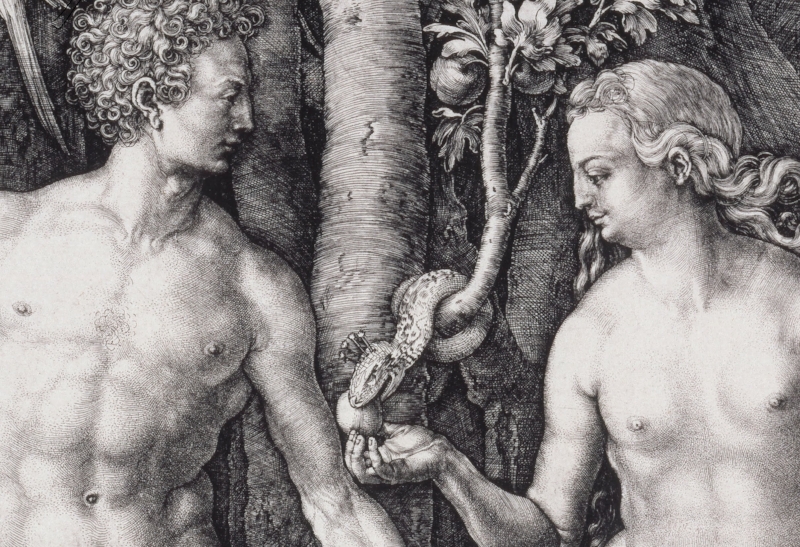Todd Berzon’s Classifying Christians: Ethnography, Heresiology, and the Limits of Knowledge in Late Antiquity is a great book—sophisticated in its approach, challenging in the intricacy of its arguments, creative in its interdisciplinarity, and surprising in the ways in which it takes a genre that is easy to dismiss as trite and clichéd—that is, heresiology—and offers us a new lens with which to view it.
Read MoreClassifying Christians : An AJR Forum
Taking the ethnographic disposition as a starting point allows us to see how heresiologists acted in line with many other ancient writers, beyond or before Christianity, who also meant to know the world around them.
Read MoreClassifying Christians : An AJR Forum
In 2017, the Religious Worlds of Late Antiquity SBL section organized a review panel to discuss Todd Berzon's Classifying Christians: Ethnography, Heresiology, and the Limits of Knowledge in Late Antiquity. During the month of July, AJR will feature the panelists' responses.
Read MoreMade Tyrants by the Victory of Others
It would not be a mischaracterisation or an exaggeration to say that the late Roman state was a polity defined by civil war. Roman leaders at this time approached their rule ever cognizant of the fact that sooner or later, one of their subordinates could don the purple robe, stand before a provincial army, and be proclaimed emperor.
Read MoreA History of Judaism: Martin Goodman at the Center for Jewish History
A History of Judaism, while marketed as a ‘popular book,’ needs also to be considered for its ‘innovative conservatism,’ that is, its between-the-lines critique of current academic tendencies, and its active decision to step back towards a historiographical approach to the study of religion that has mostly lost its holding among current scholars.
Read MoreDissertation Spotlight | Virgin Territory: Configuring Female Virginity in Early Christianity
The multiplicity of virginity and the rise of anatomical definitions created both opportunities and problems for late ancient Christian reasoning.
Read MoreTeaching Tactic: Critical Review of a Bible Film or Novel
“The trickiest part of the review assignment is getting students to understand what it means to perform expertise as a biblical scholar.”
Read MoreAnimals in Late Antiquity
After Post, or, Animal Religion in an Age of Extinction
The human animal destroys itself through confusion over its animality, but it destroys other animals in that confusion too.
Read MoreThe Uppity Donkey and the Distraught Rabbi: Critical Animal Studies and the Talmud
Beth Berkowitz continues AJR’s Animal Forum: “Ancient texts like the Talmud allow us to take biopolitics back to their formative years, to reveal how animals came to occupy the margins of personhood and how their only partially suppressed subjectivities formed the backdrop for the emergence of the human self as we know it.”
Read MoreAnimals in the Way
Janet Spittler continues AJR’s Animal Forum: “To be sure: the writings of many of the early Christian authors most closely associated with negative evaluations of animals are, upon closer inspection, much more complex than a cursory reading might suggest.”
Read MoreWhen Species Meet in the Mishnah
Joann Sfar, The Rabbi’s Cat, New York : Pantheon Books, 2005), 11/3-4 (image used with kind permission of artist)
Joann Sfar, The Rabbi’s Cat, New York : Pantheon Books, 2005), 11/3-4 (image used with kind permission of artist)
R.R. Neis begins the AJR Animal Forum: To the extent that concerns about the human, species, animality, and reproduction criss-cross antiquity and the present, a species-informed approach to late antiquity not only allows us to hazard ways of thinking/being the non/human, it also can short-circuit rhetorical invocations of a “Judeo-Christian tradition” by falsifying cherished myths.
Read MoreDissertation Spotlight | Mari Jørstad
In my dissertation I explore such texts – what I call “personalistic nature texts” – and their potential contribution to contemporary environmental ethics. I argue that the biblical writers lived in a world populated with a wide variety of “persons,” only some of whom are human.
Read MorePSCO 2017-18 | Sacred Landscapes of Germanus
Drawing on the phenomenology of movement – landscape made knowable through movement in it – Grey explored an alternative way to get to know ancient sources.
Read MoreTeaching History Beyond Grand Narratives
How do we encourage our students to think of the past not as a grand narrative to be learned from a textbook (or a teacher), but as a complex constellation of events, values, personalities, and ideas that can be analyzed and understood from a variety of perspectives and that can be used to construct multiple possible stories about the past?
Read MoreDissertation Spotlight | Alex Ramos
Drawing on insights from scholars in Religious Studies who have demonstrated the artificiality of modern distinctions between religious, political, and economic spheres, I consider the ways that political and religious institutions and frameworks could have shaped the boundaries and incentives of economic behavior among Jews in Early Roman Galilee.
Read MoreReflections on My Journey with John | A Retrospective from Adele Reinhartz
For my part, I am satisfied that I have said what I can, and want, to say about this Gospel. Aside from my growing discomfort with John’s anti-Jewish language, I have gained much from my longstanding relationship with this Gospel, including a community of scholars whom I value and respect.
Why Do the Infancy Gospels Matter?
As I studied the infancy gospels, I began to wonder if something had been overlooked in the intense scholarly focus on the figures of Jesus and Mary. That something, I concluded, was the depiction of familial relationships.
Read MoreDissertation Spotlight | Olivia Stewart Lester
The ongoing appeal of prophecy as a rhetorical strategy in Revelation and Sibylline Oracles 4–5, and the ongoing rivalries in which these texts engage, argue for prophecy’s continuing significance in a larger ancient Mediterranean religious context
Read MorePSCO 2017-18: Snakes in the Garden: Sexuality, Animality, and Disability in the Rabbinic Garden of Eden
How do the rabbis conceptualize the biblical “cleverness” of the snake? How do such ideas map onto larger questions of human and animal embodiment?
Read More


















